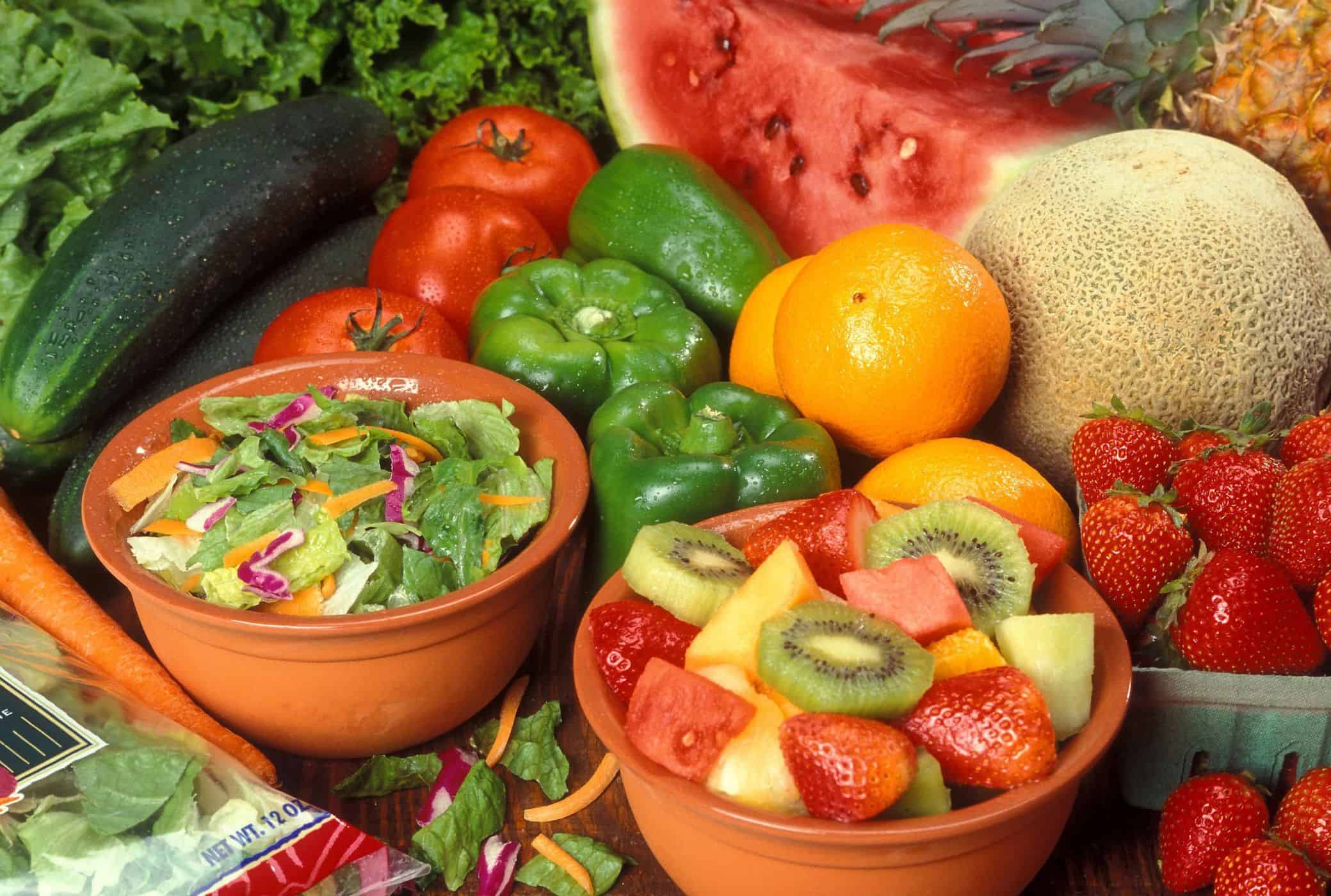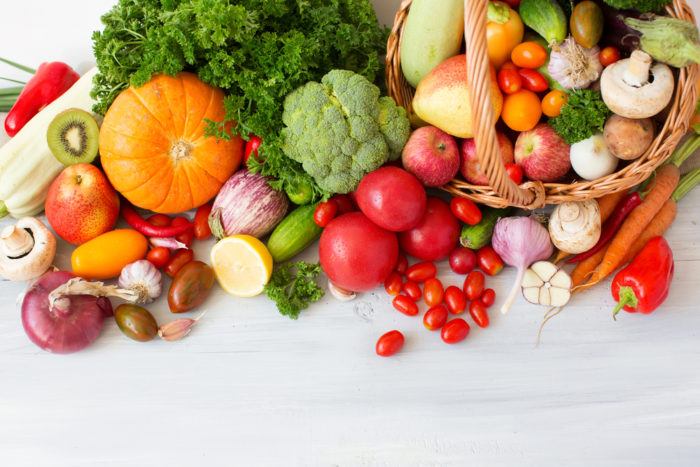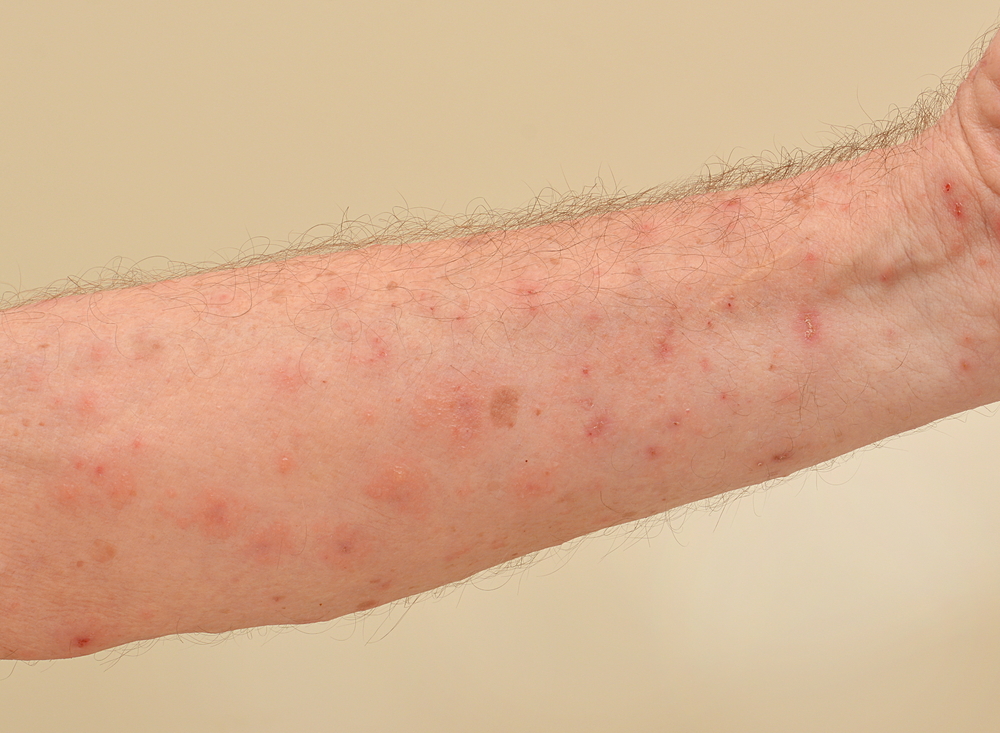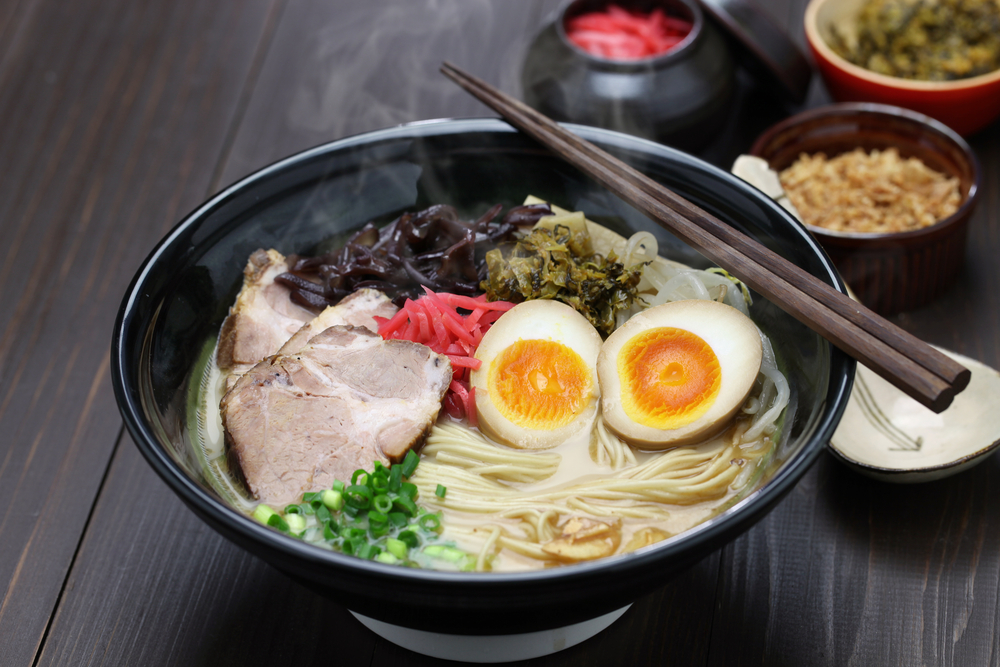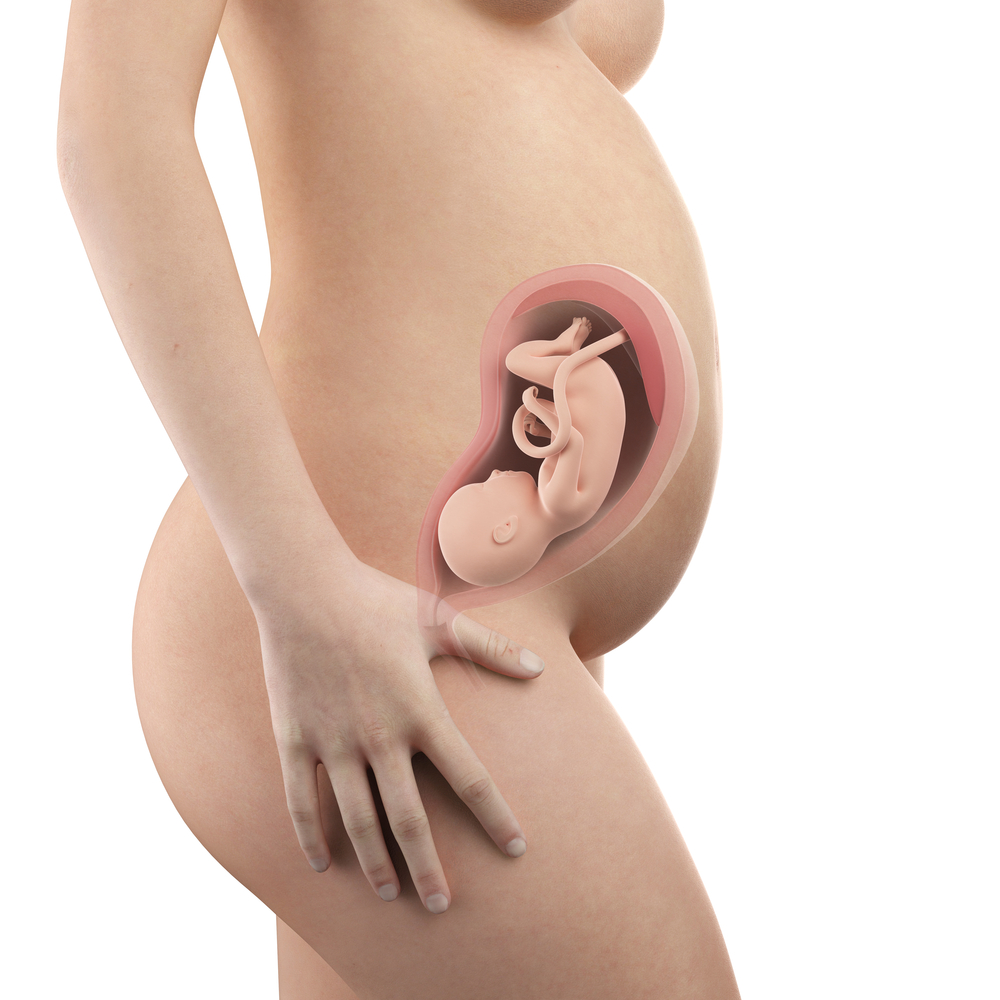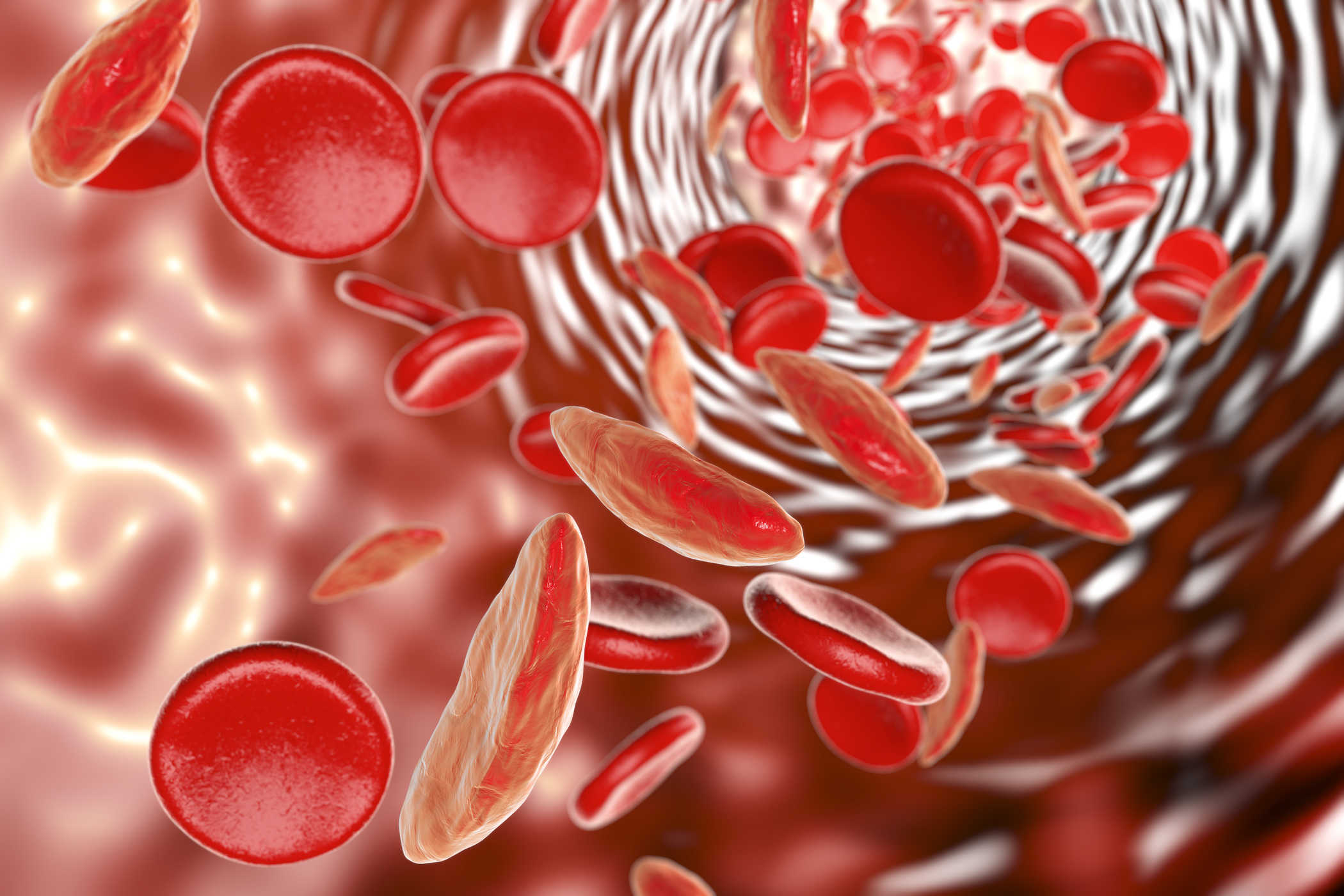Contents:
- Medical Video: Fresh vs. Frozen: Shopping for Fruit and Vegetables
- Travel fresh fruit and vegetables: from harvest to reaching your hands
- Travel of frozen fruits and vegetables: from harvest to packaging
- So which one is healthier?
Medical Video: Fresh vs. Frozen: Shopping for Fruit and Vegetables
Vegetables and fresh fruit are sources of vitamins, minerals, and antioxidants that the body needs. That's why in a day it is recommended to eat 2-4 servings of fruit and 3-4 servings of vegetables. Unfortunately, sometimes there is not always fresh fruit or vegetables that can be eaten practically. There may be frozen vegetables and fruit. Are frozen fruits and vegetables still healthy? Find out the answer below.
Travel fresh fruit and vegetables: from harvest to reaching your hands
Some fresh vegetables and fruits are picked before ripe. This is so that during the trip to the market, fruit and vegetables can be cooked properly.
If harvested before ripe, that means when the fruit or vegetable is picked is not in the condition of the most optimal nutrients. The opportunity to increase vitamins, minerals, and natural antioxidants that should be obtained until cooked is lost because it has been harvested first.
During the trip, fresh fruit and vegetables are usually placed in a cool or cool place to prevent damage. When you arrive at a supermarket or in a traditional market, fruits and vegetables can take 1-3 days.
Actually, shortly after harvesting, fresh vegetables and fruits will also begin to lose moisture, so they have a greater risk of damage and a decrease in the value of nutrients. Reporting from Healthline, nutrients that disappear after 3 days in the refrigerator can be more, even more than frozen fruits and vegetables.
Vitamin C levels in fresh fruits and vegetables also decrease after harvest, and will continue to decline as long as they are stored and not directly eaten. At room temperature, antioxidants from vegetables and fruits also decline.
Travel of frozen fruits and vegetables: from harvest to packaging
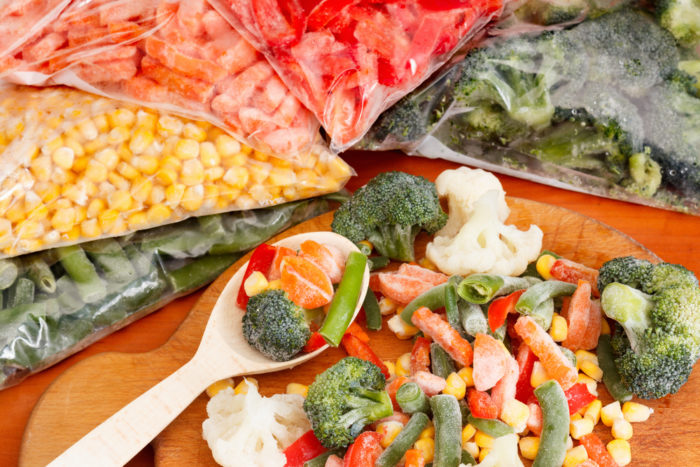
Fruits and vegetables that will be frozen are generally picked at the peak of maturity, this is the time when fruits and vegetables are in phase with the most optimal nutrients. After harvesting, vegetables are washed, cleaned, clotted, cut, frozen and packaged.
Blanching is processing before frozen fruits and vegetables. Fruits and vegetables will be put in boiling water in a short time (only a few minutes) and then immediately transferred to very cold ice water to stop the cooking process in it.
It is in the blanching process that the greatest possible reduction in nutrients occurs. The blanching process is intended to kill harmful bacteria and prevent the loss of taste, color and texture of food products.
However, this process has other side effects, namely reduced water-soluble nutrients, such as vitamins B and C. Nutrients can be reduced by around 10-80 percent in this processing.
However, not all frozen fruits and vegetables are processed by blanching by the manufacturer. So that the reduction of this substance does not apply to all frozen vegetables and fruits.
So which one is healthier?
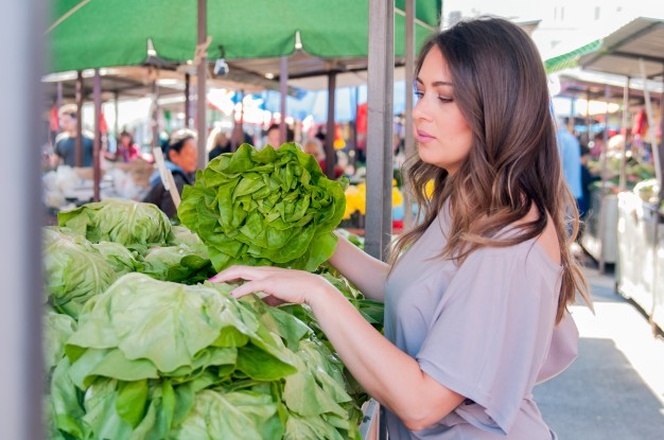
Fresh or frozen products are not much different from the nutritional content. In general, each of these types has its own weaknesses and strengths.
Yes, it turns out that fresh and frozen products have similar nutritional value. As for a study that states the reduction of nutrients in some frozen fruits is a very small difference with nutrients in fresh products.
In addition, levels of vitamin A, carotenoids, vitamin E, minerals, and fiber in fresh and frozen products are generally not much different, although frozen fruit also undergoes a process of blanching.
A study in Innovative Food Science & Emerging technologies also shows that antioxidant activity in carrots, spinach, and fresh and frozen broccoli are the same, there is no significant difference.
All of this will be fine if the frozen vegetables you choose are only frozen with the right process. Not added additional preservatives.
Actually, the fruits and vegetables that are freshly picked directly from the garden are the best. Directly harvested, and immediately cooked without long storage. Unfortunately this is almost impossible if you live in urban areas, right? Therefore, you can choose fresh fruit every day and make frozen fruits and vegetables a mixed product in your diet, not the main dish.
If you buy fresh products, try to consume them immediately. Do not store for days or more in the refrigerator.

